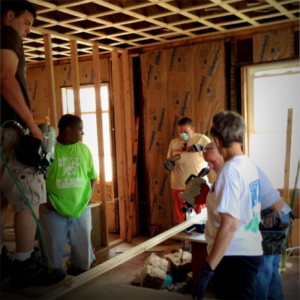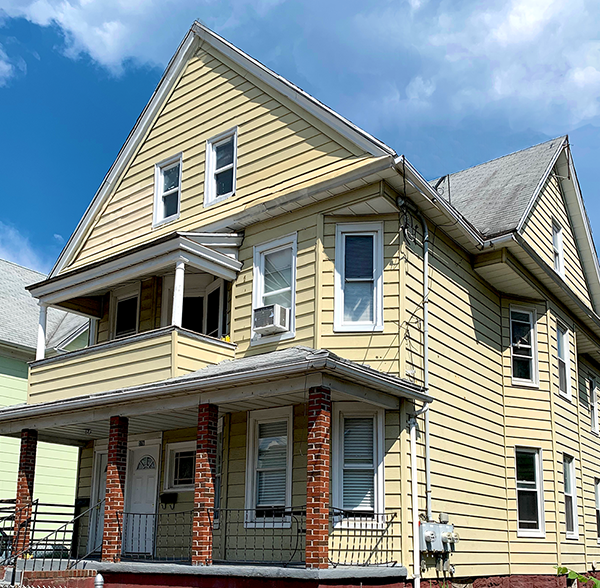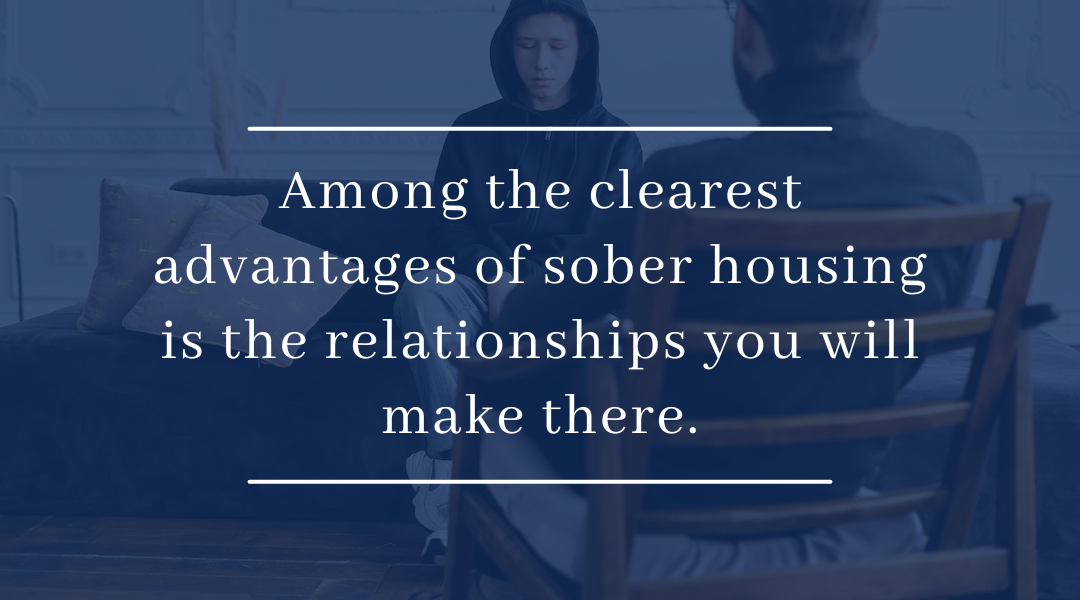Addiction is a chronic mental condition that affects millions of people worldwide. It’s a symptomatic brain disorder that is frequently associated with trauma and pain, as well as guilt and abuse. Despite being aware of the dangers of drugs, the drug user feels compelled to use them. This happens because of the alteration of brain chemicals caused by drug use.
The cycle of addiction harms not only an individual’s health but also their finances, relationships, life priorities, and objectives, and it makes them become emotionally, physiologically, and psychologically dependent on others.
In extreme cases, addiction can also cause death.
Addiction and Addiction Recovery
It doesn’t take long for a person who is involved in drug use to become addicted. What starts as a naïve experience soon turns into cravings without which they cannot progress through the day. Recovery is challenging. It is isolating as one’s involvement in social situations decreases. An individual who is caught in the cyclical pattern of addiction participates in ritual behaviors of agony and relief.
Addiction recovery is a constant process; it is a journey, not a one-and-done scenario. While becoming sober might need a simple detox and rehab treatment, living sober demands continual dedication, care, and attention. For many, the capacity to fully live sober is jeopardized by the return home following treatment. An individual’s chance of relapsing greatly increases if their life at home is stressful or burdensome (due to difficult relationships or familiar triggers).
Even though recovering from addiction is an extremely difficult process, it might seem nearly impossible to handle without access to reasonable housing.
For those wishing to remain sober and continue their treatment, there are, thankfully, many solutions. Sober housing is a transitional housing option for those in recovery who need an autonomous yet supervised environment. Living in a sober environment means avoiding all urges and temptations to use drugs or alcohol. Additionally, it entails reestablishing and bolstering the clean life skills acquired during therapy.
Let’s take a look at a few of the benefits of living in a sober home and how sober housing can help you continue living clean.
Benefits of Sober Housing during addiction recovery
Constant Support and Guidance
A sober home offers constant support throughout an individual’s journey to recovery. Sober living establishments frequently feature on-site supervisors who remain inside the facility along with you and your fellow residents. These supervisors are on hand around-the-clock to offer advice on any possible pitfalls that may come up throughout your recovery, such as challenging cravings, depressing feelings, or difficulty obtaining employment, as well as to just listen. Sober housing facilities that are affiliated with treatment centers frequently include support workers and former residents who have experienced a similar situation. These individuals have experienced substance use disorder(SUD), gone through rehab, and maintained sobriety after treatment.
Restoration of Basic Skills

Many other obligations are ignored when an individual develops a drug or alcohol addiction. This includes eating well, working out frequently, maintaining a tidy home, and practicing decent personal hygiene. The structure that sober housing restores to every resident’s life is among its advantages. You will rediscover how to build a routine and keep a healthy lifestyle while in therapy or a transitional environment. You might restore individual accountability and relearn vital life skills, from simple tasks like washing, all the way to more challenging ones like seeking employment.
Recovery Community Development takes it one step further by providing the opportunity to gain concrete skills in construction and renovation while residing in safe, affordable, sober housing.
Independence
Amongst the biggest advantages of addiction recovery is newfound independence. You’ll start to regain control of your life after you’re sober and have a positive view of the healing process. You’ll be self-sufficient enough to search for employment by yourself and make the necessary preparations for any position you decide to pursue. You’ll have the freedom to meet new people and build enduring relationships that will aid in your rehabilitation.
Moreover, you will have the independence to choose what to buy for yourself or what to cook and start enjoying the simple pleasures of life all over again.
Minimizing the Chances of Relapse
As you may already know, it may be quite challenging to resist cravings and temptation, especially in the early stages of addiction recovery. Relapse triggers that could lead to temptations or cravings can be eliminated with the support of sober housing. Drugs, alcohol, addictive prescription medications, and over-the-counter medications are not permitted in a rehabilitation home. Since everybody is accountable for what they do and also because each individual has a busy schedule to maintain while on a successful recovery road, there is neither an opportunity nor space for relapse.
Relationships that are Sober and Meaningful
Among the clearest advantages of sober housing is the relationships you will make there. You will interact with and share space with others who are also undergoing their own recovery journey. These individuals are also aware of how it feels to crave, to take, to feel isolated or depressed, to let go, and the heavy weight of disappointment. Most importantly, they are driven to improve themselves and grow into the best versions of themselves without resorting to addictive substances.
Easy Adaptation to Normal Life
The fact that sober housing makes it easier to return to normal life is perhaps their most evident advantage. The ease with which sober living facilities help people return to normal lives may be their most obvious advantage. After rehab, the commitment to recovery continues because it is a continuous process. Therefore, it is crucial to have sober housing arrangements. They serve as a link between therapy and normal life, assisting a person in readjusting to the bustle of reality, which includes work, school, social activities, and other pursuits. They give people an opportunity to acclimate to living independently without the official, 24-hour treatment they had during detox.

In Conclusion
Breathing space and time are undoubtedly the most valuable advantages of sober housing. It’s normal to feel as though you must complete everything in one go after finishing therapy. There’s a great deal of damage to mend and a lot of things to compensate for. But it’ll take time. You can take some deep breaths, gather your thoughts, and begin to put your life back together piece by piece within a sober housing facility.
Recovery Community Development is the benchmark for sober housing and aims to help individuals put their lives back together by providing them with life skills as well as affordable sober housing solutions. We cater to the communities of Connecticut, Bridgeport, and Norwalk and offer job training programs, social services, and supportive housing. Moreover, Recovery Community Development has recently acquired the Brooks Street House for sober living and has only just opened its doors to nine men in recovery offering safe, helpful, and reasonable accommodations.
If you are on your journey to addiction recovery and looking for affordable sober housing, contact us now. If you want to donate in order to aid others on the path of addiction recovery, click here and become a part of the healing journey.

